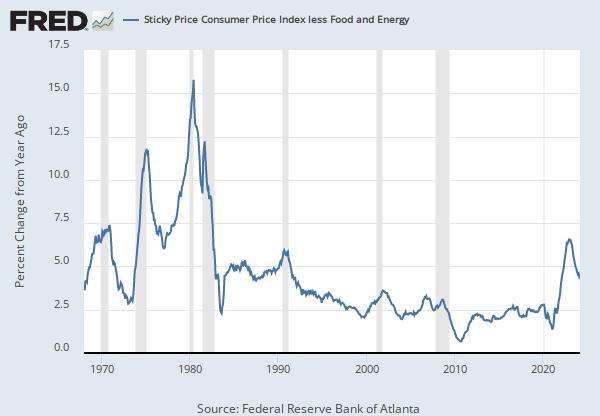Observations
Feb 2025: 124.804 | Index 2017=100, Seasonally Adjusted | Monthly
Updated: Mar 28, 2025 7:43 AM CDT
Observations
Feb 2025:
124.804
Updated:
Mar 28, 2025
7:43 AM CDT
| Feb 2025: | 124.804 | |
| Jan 2025: | 124.350 | |
| Dec 2024: | 123.980 | |
| Nov 2024: | 123.716 | |
| Oct 2024: | 123.595 |
Units:
Index 2017=100,
Seasonally Adjusted
Frequency:
Monthly
Fullscreen









